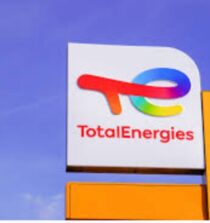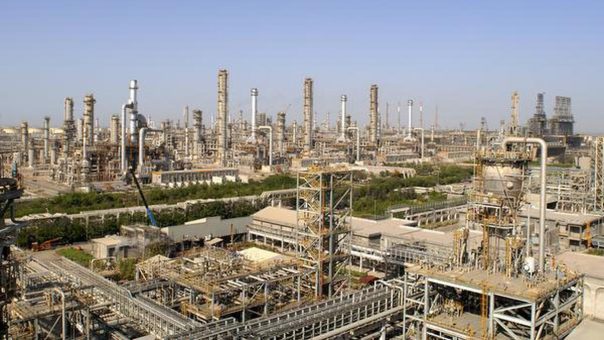By Abdulwaheed Sofiullahi
Oil major’s departure from the Nigerian onshore oil business offers opportunities for local firms, but could also leave a financing gap
On 16 January, Shell announced an agreement to sell its Nigerian onshore oil and gas subsidiary, Shell Petroleum Development Company of Nigeria (SPDC), to a consortium of local firms for up to $2.4b. The deal aligns with Shell’s previously stated intention to withdraw from onshore oil production in the Niger Delta. The company’s strategy is to streamline its portfolio and concentrate future Nigerian investments in deepwater and gas, stated Zoe Yujnovich, Shell’s integrated gas and upstream director. The major has been active in Nigeria since the 1930s.

The purchasing consortium, Renaissance Africa Energy — comprising ND Western, Aradel Holdings, the Petrolin Group, First Exploration and Petroleum Development Company, and the Waltersmith Group — confirmed the acquisition of SPDC in a statement. Renaissance Africa noted that the completion of the transaction is contingent on obtaining the necessary regulatory approvals. The consortium added that the acquisition marks a significant milestone, establishing its strategic position in the Nigerian market and its commitment to ensuring a smooth transition.
Economist Ibrahim Kulu raised concerns about Shell’s departure from onshore Nigeria, underlining its negative impact and suggesting that the perception of Shell leaving the largest oil exporter in Africa reflects poorly on investor confidence. Kulu attributed Shell’s onshore divestment to a legal defeat in the Netherlands, and links it to the significant issue of oil theft in Nigeria.
Numerous international oil firms, including Shell, have sought to exit the region amid considerable controversy surrounding environmental and social issues
Ayodele David, head of financial institutions rating at Nigerian independent Oando, highlighted the potential dual impact of Shell’s divestment for Nigerian indigenous firms.
On the upside, it may transfer key technical competence areas to locals, in contrast to the historical reliance on expatriates in specialised positions. David emphasised the importance of managing Nigeria’s oil and gas assets locally. Any profits generated by indigenous firms could contribute to the country’s economic growth, potentially enhancing the stock market’s performance, if these companies are listed on the local stock exchange, he noted. Other firms may be able to replicate Nigerian independent Seplat Energy’s contribution to the Nigerian stock market. David explained that Nigerians seeking to hedge against the Naira often invest in Seplat’s shares, because the company pays dividends in dollars.
However, David also highlighted a potential downside to the divestment, emphasising the substantial capital requirements in financing, exploring and optimising oil fields. He noted that investments in oil and gas are capital-intensive, and IOCs typically have global contacts with banks and financial institutions for funding, given the dollarised nature of the equipment and operational needs. David cautioned that local firms may face challenges in raising the necessary dollar amounts to explore and maximise the oil fields.
Commenting on the potential impact of the divestment on the economy’s foreign exchange balance, independent oil and gas expert Ayokunle Olubunmi said, “I do not think the impact will be that much. The acquisition will not affect the operations directly but indirectly because we realised that many [Nigerian] banks are shying away from dollar notes and cutting down on Euro-bonds exposures. The ability of the banks to adequately finance oil and offshore operations has been reduced. That is to say that banks’ appetite toward dollar exposure has reduced.”
Environmental pressure and concerns
Numerous international oil firms, including Shell, have sought to exit the region amid considerable controversy surrounding environmental and social issues relating to local communities. In the past two years, ExxonMobil, Italy’s Eni, Norway’s Equinor and Sinopec subsidiary Addax have also divested their onshore assets in Nigeria, mainly due to significant issues such as environmental degradation, oil theft, and violence against communities.
In 2022, the Dutch branch of the environmental organisation Friends of the Earth initiated a lawsuit against Shell for multiple oil pipeline leaks in the Niger Delta during their operations in the region. The company was directed to pay nearly $16m, approximately NGN7b, in damages to affected communities in the Ikot Ada Udo, Oruma, and Goi areas, which experienced significant oil spills between 2004 and 2007. Commenting on Shell’s departure, Dr. Chika Okafor, an environmental scientist at the Nigerian Environmental Protection Agency, stated that “I urge the government to make sure that the company is being held accountable because of the damages caused”.
Uncertainty persists over whether Shell will still be held responsible for environmental damage, particularly in the Delta region.
Source: Petroleum Economist








